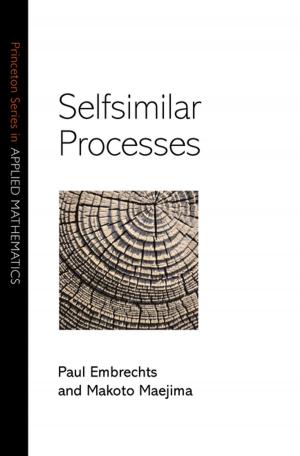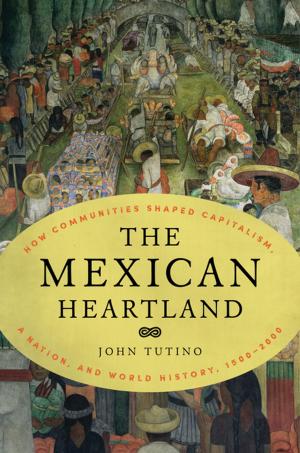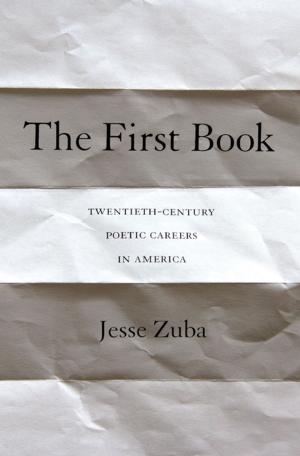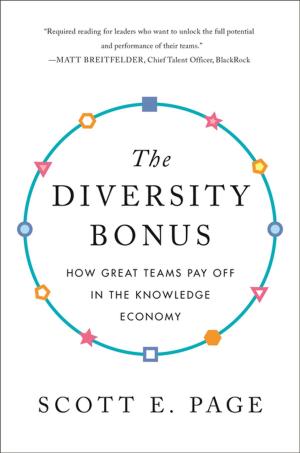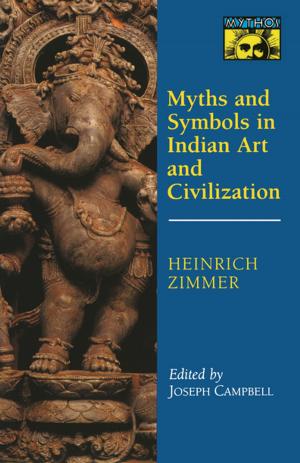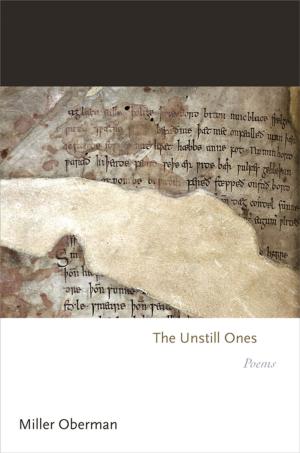Michael Oakeshott's Skepticism
Nonfiction, Religion & Spirituality, Philosophy, Epistemology, Modern| Author: | Aryeh Botwinick | ISBN: | 9781400836956 |
| Publisher: | Princeton University Press | Publication: | November 1, 2010 |
| Imprint: | Princeton University Press | Language: | English |
| Author: | Aryeh Botwinick |
| ISBN: | 9781400836956 |
| Publisher: | Princeton University Press |
| Publication: | November 1, 2010 |
| Imprint: | Princeton University Press |
| Language: | English |
The English philosopher Michael Oakeshott (1901-1990) is known as a conservative who rejected philosophically ambitious rationalism and the grand political ideologies of the twentieth century on the grounds that no human ideas have ultimately reliable foundations. Instead, he embraced tradition and habit as the guides to moral and political life. In this book, Aryeh Botwinick presents an original account of Oakeshott's skepticism about foundations, an account that newly reveals the unity of his thought.
Botwinick argues that, despite Oakeshott's pragmatic conservatism, his rejection of all-embracing intellectual projects made him a friend to liberal individualism and an ally of what would become postmodern antifoundationalism. Oakeshott's skepticism even extended paradoxically to skepticism about skepticism itself and is better described as a "generalized agnosticism." Properly conceived and translated, this agnosticism ultimately evolves into mysticism, which becomes a bridge linking philosophy and religion. Botwinick explains and develops this strategy of interpretation and then shows how it illuminates and unifies the diverse strands of Oakeshott's thought in the philosophy of religion, metaphysics, epistemology, political theory, philosophy of personal identity, philosophy of law, and philosophy of history.
The English philosopher Michael Oakeshott (1901-1990) is known as a conservative who rejected philosophically ambitious rationalism and the grand political ideologies of the twentieth century on the grounds that no human ideas have ultimately reliable foundations. Instead, he embraced tradition and habit as the guides to moral and political life. In this book, Aryeh Botwinick presents an original account of Oakeshott's skepticism about foundations, an account that newly reveals the unity of his thought.
Botwinick argues that, despite Oakeshott's pragmatic conservatism, his rejection of all-embracing intellectual projects made him a friend to liberal individualism and an ally of what would become postmodern antifoundationalism. Oakeshott's skepticism even extended paradoxically to skepticism about skepticism itself and is better described as a "generalized agnosticism." Properly conceived and translated, this agnosticism ultimately evolves into mysticism, which becomes a bridge linking philosophy and religion. Botwinick explains and develops this strategy of interpretation and then shows how it illuminates and unifies the diverse strands of Oakeshott's thought in the philosophy of religion, metaphysics, epistemology, political theory, philosophy of personal identity, philosophy of law, and philosophy of history.


